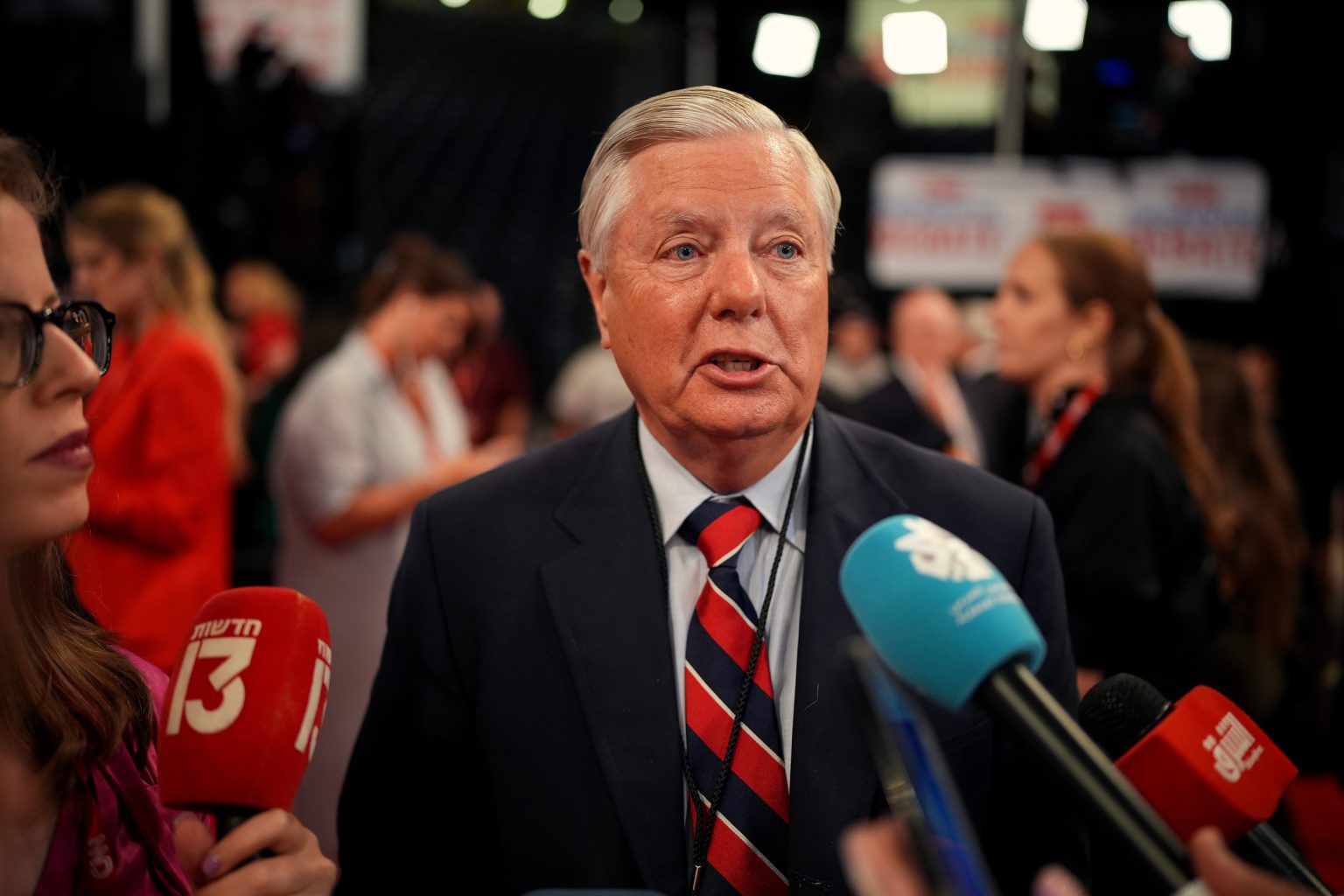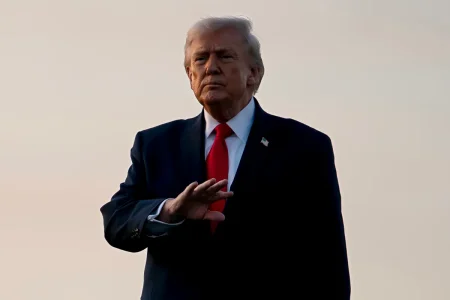Pete Hegseth’s nomination for Secretary of Defense under President-elect Donald Trump has sparked controversy and intense scrutiny due to a series of allegations encompassing excessive drinking, financial mismanagement, and sexual misconduct. These allegations, initially reported by The New Yorker, stem from a whistleblower report and interviews with former colleagues, claiming Hegseth’s ousting from leadership roles at two veterans’ organizations – Veterans for Freedom and Concerned Veterans for America. Further complicating the situation, Hegseth, a military veteran and former Fox News host, faces an accusation of sexual assault from 2017, an allegation he vehemently denies and for which he has never been charged. Hegseth has characterized these allegations as “smears,” emphasizing the anonymous nature of the sources regarding his alleged drinking habits. He acknowledges social drinking among veterans as a coping mechanism for wartime experiences but denies any problematic drinking behavior. His attorney, Tim Parlatore, echoes these denials, asserting that Hegseth never consumed alcohol on the job at Fox News and highlighting accounts from named individuals refuting the anonymous claims.
Senator Lindsey Graham, a South Carolina Republican, initially expressed concern over the allegations, labeling them “very disturbing” and hinting at potential difficulties for Hegseth’s Senate confirmation. However, Graham subsequently shifted his stance, stating that he would disregard accusations based on anonymous sources. He emphasized the importance of individuals willing to testify under oath, dismissing rumors and innuendo as irrelevant in his decision-making process. This stance drew criticism from legal analyst Lisa Rubin, who argued that dismissing allegations based solely on anonymity is misguided. Rubin emphasized that journalists verify information from anonymous sources, whose identities are known to them, and highlighted the crucial role of anonymity in holding power accountable, both in media reporting and the justice system.
Rubin’s critique underscores a larger debate regarding the weight of anonymous sources in evaluating a nominee’s suitability for a high-level position. While anonymity can protect individuals who fear retaliation, it also raises questions about the credibility and verifiability of the information provided. This tension between protecting whistleblowers and ensuring accountability creates a complex challenge for those tasked with assessing the validity of such allegations. Graham’s dismissal of anonymous sources, while aligning with a desire for concrete evidence, potentially overlooks valuable information that could influence a comprehensive evaluation of Hegseth’s character and fitness for office.
Hegseth has remained defiant amidst the controversy, asserting his intention to fight for the nomination and refusing to withdraw. He perceives the allegations as attacks and remains determined to proceed with the confirmation process. This unwavering stance further complicates the situation and sets the stage for a potentially contentious Senate confirmation hearing. The conflicting perspectives on the relevance of anonymous sources and the seriousness of the allegations underscore the challenges inherent in vetting nominees for high-profile positions, particularly when those individuals are public figures with established media presences.
Adding another layer to the already complex situation, reports have surfaced that President-elect Trump is also considering Florida Governor Ron DeSantis as a potential alternative to Hegseth. DeSantis, with a background as a U.S. Navy officer and lawyer, is perceived as a less controversial choice who would likely face an easier path to Senate confirmation. However, accepting a Cabinet position would necessitate DeSantis’s resignation as governor, a factor that could influence his decision. This development highlights the fluidity of the situation and the ongoing deliberations within the Trump administration regarding the ideal candidate for Secretary of Defense.
The unfolding drama surrounding Hegseth’s nomination underscores the intricate interplay of political considerations, ethical dilemmas, and the challenges of vetting individuals for positions of significant power. The allegations, whether substantiated or not, have already cast a shadow over Hegseth’s candidacy, and his fate now rests with the Senate’s confirmation process. The outcome will not only determine the leadership of the Pentagon but will also set a precedent for how future nominations are handled in the face of similar controversies. The debate over the weight of anonymous sources and the balance between protecting whistleblowers and upholding due process will undoubtedly continue to be a central theme in this evolving narrative.















